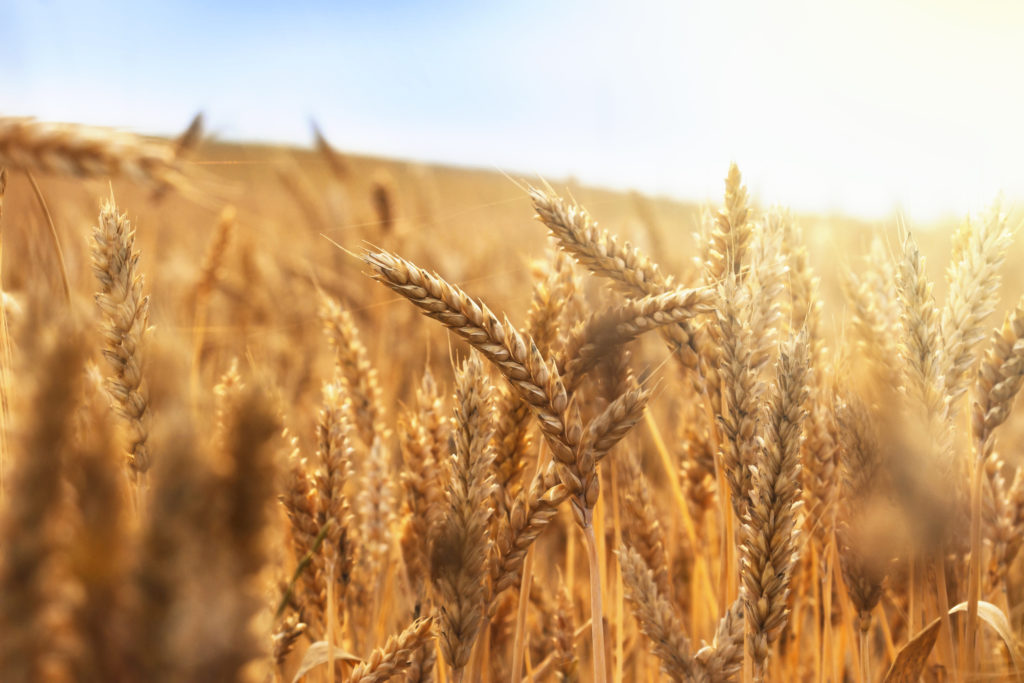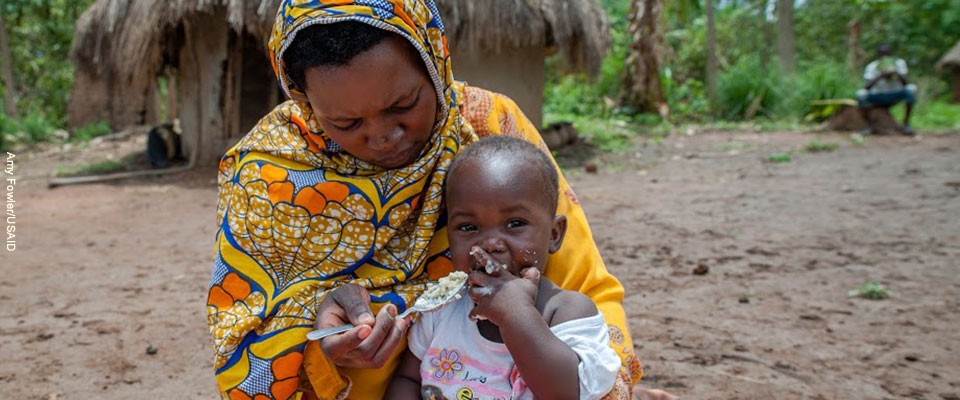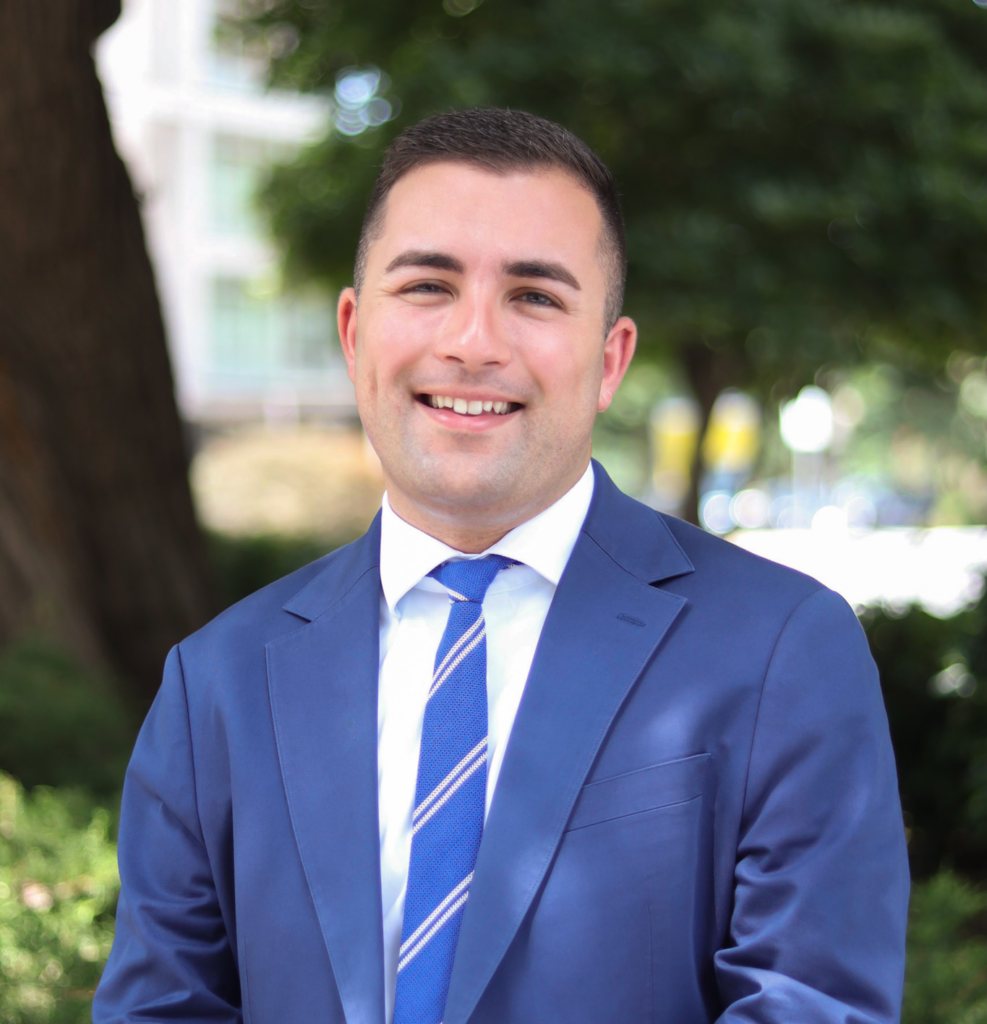From Afghanistan to America’s Dairyland: How Wisconsin is Rolling Out the Welcome Mat for Afghan Refugees
This post is part of a series on the Heartland Hub highlighting how Americans across the Heartland have gone above and beyond to help Afghans in need. The series is ongoing as we mark 6 months since the American withdrawal.
America’s Dairyland and Afghanistan may be as close to polar opposites as one can imagine. However, in the aftermath of the Taliban’s takeover of Afghanistan in mid-2021, Wisconsinites have stepped up to help Afghan refugees begin a new life in America. Tens of thousands of Afghans who worked with the American military, NGOs, and the Afghan Government have fled the country amid fear of retribution from the Taliban. The U.S. Government has helped bring many of these allies to the United States to begin a new life in the country they and their families worked with for over two decades.
Rolling Out the Welcome Mat at Fort McCoy
Fort McCoy in Western Wisconsin is one of eight military bases across the country that has temporarily housed almost 100,000 Afghans who were evacuated from their home in the latter half of 2021. Fort McCoy has housed as many as 13,000 refugees at one time; this number continues to fall as Afghans are more permanently resettled in communities across the nation.
In addition to the English language training, medical care, and other resources these refugees are receiving from the U.S. Government, the local community has also risen to the challenge of supporting Afghan refugees. Local NGOs, businesses, and individuals have helped gather and deliver donations across Wisconsin and have taken an active role in engaging with the Afghans living on the base. From the Madison Ballet performing the Nutcracker for the refugees on base at Christmas, to the local community donating items to help keep people warm throughout the harsh Wisconsin winter, it’s clear that Wisconsinites are opening the door for their new Afghan neighbors. This reflects a broader trend across the country – a recent NPR/Ipsos poll found that more than 7 in 10 Americans support resettling Afghans who worked with the U.S. Government or military.
Wausau Rises to the Challenge of Welcoming Refugees – Again
Fort McCoy is not the final destination for the thousands of Afghan families currently living at the base. However, some are resettled in the state of Wisconsin. NGOs and refugee resettlement agencies across Wisconsin are rising to the challenge to support the sheer number of refugees arriving at one time. There are stories from across the state of people offering their homes as temporary places for refugees to stay before they are resettled across the state, in coordination with local organizations. From the Fox Valley to Green Bay and Madison, many of the Afghans and their families who supported America’s role in Afghanistan are now finding a new home in Wisconsin.
One place where these refugees are finding a new home in Wisconsin is in Wausau, a city of around 40,000 in the northern part of the state. Around 75 Afghan refugees have been placed or are scheduled to be resettled in the city, and the city’s mayor, Katie Rosenberg, says the people of Wausau are ready to welcome their new neighbors. In this spirit, she even spent her birthday in December at Central Wisconsin Airport, where she and other community members welcomed some of the first Afghans to arrive. Rosenberg has helped coordinate with federal officials to make the process as easy as possible, and a small army of local volunteers, faith groups, and NGOs has sprung up to rise to the challenge. Although it will be far from easy, Rosenberg says that the “community is bighearted and ready”—with the idea that doing the right thing will lead to benefits for both the refugees and the local community. This also isn’t a surprise — Wausau has a history of welcoming refugees fleeing persecution, as the city hosts the highest concentration of Hmong people in the nation. With a rich history of welcoming refugees, Wausau can build off of this model of successful integration with its new Afghan residents as well.
I’m so proud of our community. We had a meeting today to talk about how refugee resettlement is going. More than 60 community leaders logged on to share the successes and surprises and good work happening. We have 28 new neighbors so far and there’s so much positivity.
— Katie Rosenberg ✌ (@katierosenberg) January 20, 2022
I feel so hopeful about 2022 after welcoming Afghan refugees to Wausau today. Our community is bighearted and ready ✌💗#RefugeesWelcome pic.twitter.com/bNrgjoPJY7
— Katie Rosenberg ✌ (@katierosenberg) December 30, 2021
A Brighter Future for All
Resettling refugees in any scenario is difficult – let alone an unprecedented amount at one time. There are challenges with language and cultural barriers, access to education, and many other complications that come with living in a new country. However, one thing has become quite clear: the refugees are eager to begin rebuilding their lives. This shouldn’t be surprising – new Americans are twice as likely to start a business and 40% of Fortune 500 companies were started by immigrants or children of immigrants. With time, it’s clear that, with a little help to get started, the Afghans who decide to stay in Wisconsin will soon be contributing to economic and cultural growth in America’s Dairyland.
Check out other stories from the Heartland on Afghan refugees.
related articles

What They’re Saying in the Heartland: COP27 and America’s Global Climate Leadership
By Jack Berson Rose Leonard on November 16, 2022 in
Wisconsin
America’s Heartland & Investing in Global Food Security and Nutrition
By Nezar Jamal on December 14, 2021 in
WisconsinAcross all three states, there was a clear understanding that nutrition is key to a child’s development; that healthy children lead better lives. Long-term, we know health children are able to develop into stronger adults who contribute to the development of their communities, economies, and countries.


